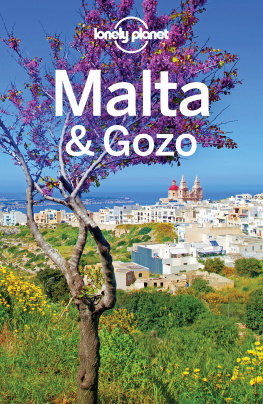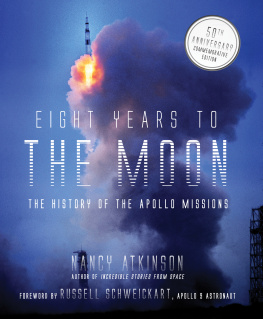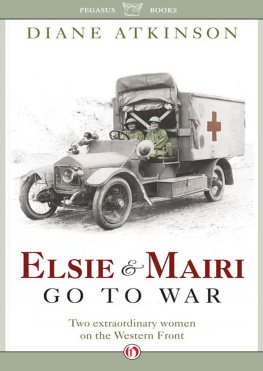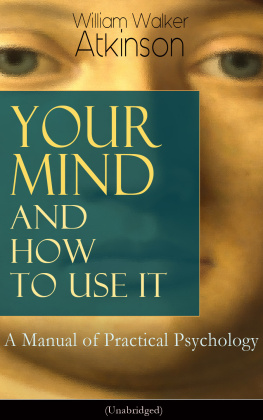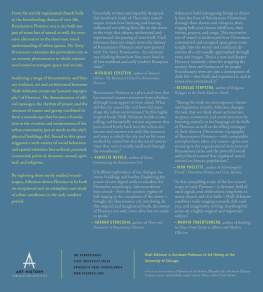Atkinson - Traumata
Here you can read online Atkinson - Traumata full text of the book (entire story) in english for free. Download pdf and epub, get meaning, cover and reviews about this ebook. City: Australia, year: 2018, publisher: University of Queensland Press, genre: Non-fiction. Description of the work, (preface) as well as reviews are available. Best literature library LitArk.com created for fans of good reading and offers a wide selection of genres:
Romance novel
Science fiction
Adventure
Detective
Science
History
Home and family
Prose
Art
Politics
Computer
Non-fiction
Religion
Business
Children
Humor
Choose a favorite category and find really read worthwhile books. Enjoy immersion in the world of imagination, feel the emotions of the characters or learn something new for yourself, make an fascinating discovery.

- Book:Traumata
- Author:
- Publisher:University of Queensland Press
- Genre:
- Year:2018
- City:Australia
- Rating:5 / 5
- Favourites:Add to favourites
- Your mark:
- 100
- 1
- 2
- 3
- 4
- 5
Traumata: summary, description and annotation
We offer to read an annotation, description, summary or preface (depends on what the author of the book "Traumata" wrote himself). If you haven't found the necessary information about the book — write in the comments, we will try to find it.
Traumata — read online for free the complete book (whole text) full work
Below is the text of the book, divided by pages. System saving the place of the last page read, allows you to conveniently read the book "Traumata" online for free, without having to search again every time where you left off. Put a bookmark, and you can go to the page where you finished reading at any time.
Font size:
Interval:
Bookmark:
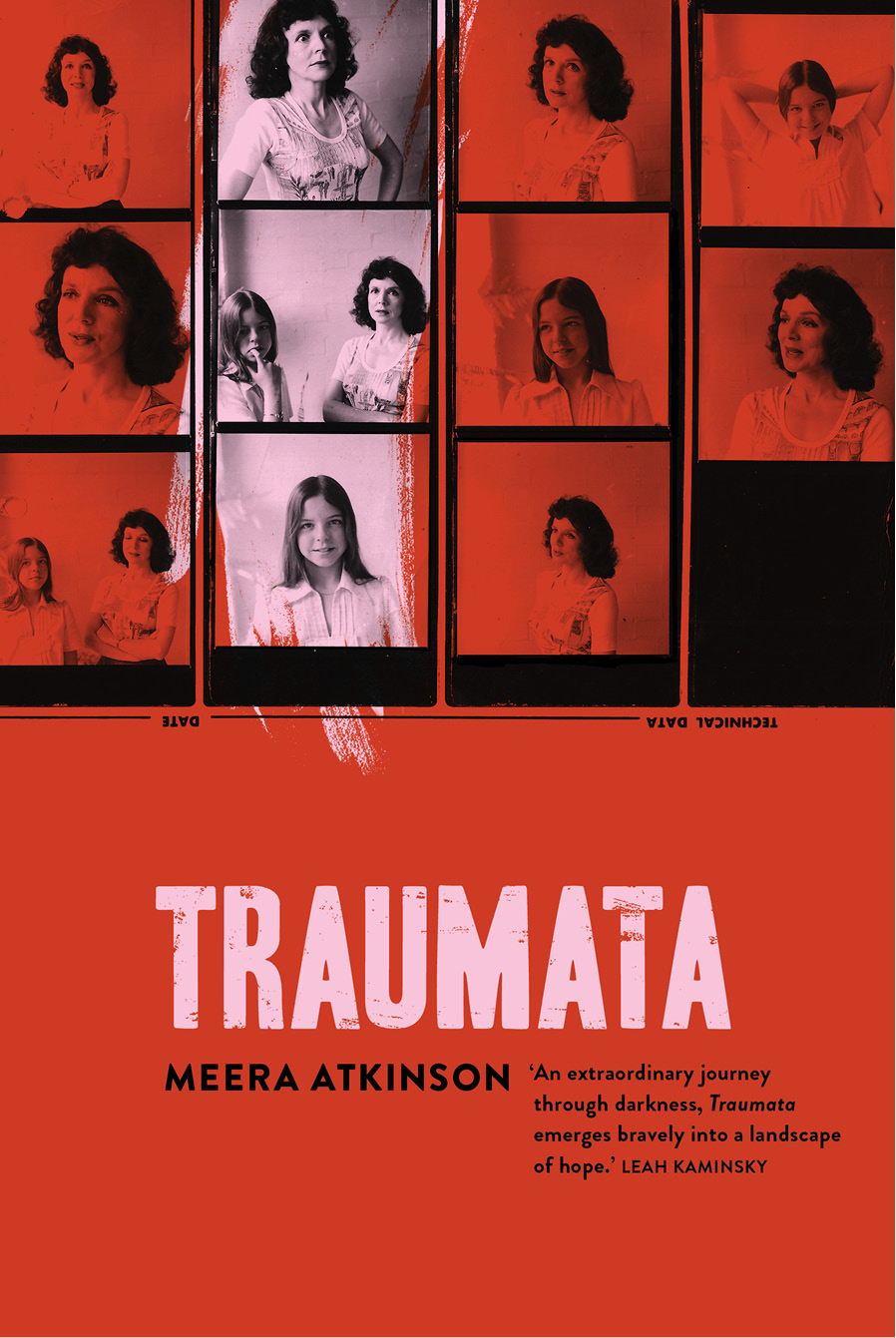
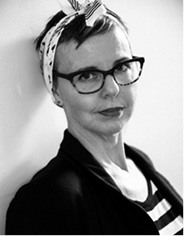 Meera Atkinson is a Sydney-based writer. She was the recipient of the Varuna Dr Dark Flagship Fellowship for 2017, awarded for non-fiction of outstanding quality in social, historical or political writing. Her monograph, The Poetics of Transgenerational Trauma , was published by Bloomsbury Academic in 2017. She teaches creative writing at the University of Sydney.
Meera Atkinson is a Sydney-based writer. She was the recipient of the Varuna Dr Dark Flagship Fellowship for 2017, awarded for non-fiction of outstanding quality in social, historical or political writing. Her monograph, The Poetics of Transgenerational Trauma , was published by Bloomsbury Academic in 2017. She teaches creative writing at the University of Sydney.
www.meeraatkinson.com

traumata ( plural of trauma )
/trmt/
Pathology
a. bodily injuries produced by violence, or any other extrinsic agent.
b. the conditions produced by this; traumatism.
c. the injurious agents or mechanisms themselves.
Psychology startling or distressing experiences which have a lasting effect on mental life; shocks.
[Greek: wound]
I wake up tense, nervous system switching onto the wild winds that have rattled the windows all night, making it hard to settle, trapping me in that thin top layer of sleep on which insistent thoughts intrude. I scan the room, tenderness at my temples, rise, and open the curtains. The branches of enormous eucalyptus trees dance out of time against the bruise-grey sky. The sun, breaking through, sparks off leaves. The power goes down.
Do I start with my mothers fear? My fathers certainty? Or with the blackout rape I rarely think about that took place in a cheap Bondi hotel when I was a teenage alcoholic? I can still see the judgemental brow and hear the tone of the cop (you know the one: sneery, patronising, shaming) tasked with investigating after the police picked me up.
Theyre cruising down Campbell Parade in the early hours of a Sunday in 1981 and there on the side of the road stands a young woman holding the flattened side of a cardboard box against her naked body, having snatched it up while running through a fluoro-lit car park. Is it even necessary to tell that story? Havent we heard enough? It occurs to me now I dont recall this rape ever coming up in therapy. It had some competition.
The poet Eileen Myles says that writers spend so much time processing, consuming [and] creating an alternative self that is entirely composed of language so that there are precise speeds or toxins or organs in it that work in concert with the state that you are in and can only neutralize your own pain by vanishing into a song composed of exactly that timbre. I think she means there is a place we go for the magic of disappearing and arriving simultaneously some kind of dissolving communion. I was lonely then. Or maybe I should say I was lonely then in a way Im not lonely now. Thats how I came to be at a bar, on my own, aged eighteen, letting some guy buy me drinks till I was drunk enough to go back to a hotel with him and his friends. This is not a confession or a hard-luck yarn, though there is some hard luck in it. This is not about me, or only me, my me-ness. Theres a reason Im telling you this.
I understand you want to know what kind of book this will be and whether you can count on me. Im thinking about how to respond.
Einstein and the new generations of quantum physicists have been telling us for years that the past, present and future are illusions. Time is not what it seems. Im paying attention here to all of the times. It puts me on edge, splits me into fragments held together by these flimsy words, by the act of bashing imaginary ink into shapes and arranging them into more elaborate shapes and silent sounds you can decipher. A clue: the beginning is not the beginning. This is not just about rape, or my rape. Its about the big rape: patriarchy, with its endemic traumata.
Patriarchy seems like an old-fashioned word, a twentieth-century word. I feel Im showing my age in invoking it, but there is no other word that gets at it. The Ancient Greek word patriarkhes denoted a society where power was maintained and passed down through elder males. In modern parlance, a patriarchal society generally refers to one in which men are predominantly represented in positions of power as head of the family unit, bosses in the workplace and leaders in government. Though some like to think the patriarchy is dead (Hanna Rosin in Slate ), and others view patriarchy as a term used by feminists, to blame men for all their problems ( Urban Dictionary ), many feminist thinkers still use the word patriarchy to describe the society in which we live today, characterised by current and historic unequal power relations between women and men whereby women are systematically disadvantaged and oppressed (London Feminist Network). In this rendering, the political, economic and social systems established over millennia function as a structural reinscribing of patriarchy, so that, for example, even when women are admitted into roles of responsibility and representation, including high-level leadership such as Theresa May as Prime Minister of Britain or Hillary Clinton as US Secretary of State and presidential candidate they are bound to, and by, the institutions and attitudes established by patriarchy, which continue to disadvantage women (and others on the lower realms in patriarchy social orders).
What do I mean, then, when I say this is a book about patriarchy and its endemic traumata? I mean Im going to make the case that patriarchy is inherently traumatic, and that we might coin a new word traumarchy to denote the intersection of the two. Why, then, am I talking, in the next breath, of myself, my life? I have to speak from the inside out because patriarchy isnt out there. Our skin is not an impenetrable barrier against its effects. It infiltrates our beings and shapes our lives first from the outside in, then from the inside out.
The word memoir comes from the Latin memoria , recast into French, mmoire , during the fifteenth century. People think you have to be special to write memoir, but I, for one, am a clich. This book exists not because trauma and shit going down in childhood is exceptional or inherently interesting, but because its chronic, commonplace, sometimes dramatic and often tedious in its stranglehold of repetitions, daily struggles, and predictable and unpredictable outcomes, and no one gets out alive. And then theres the question of my unreliable memory, my damaged brain. What does it mean to communicate a fractured, faded memory?
If I told you Ive heard thousands of stories and witnessed the ravages in the lives of countless friends, acquaintances and passing strangers in detoxes, rehabs, support and therapy groups, youd think I was exaggerating, but there it is, everywhere we turn: in news headlines and advertisements, on the street, behind every closed door. Course, not everyone lives in the slipstream of a familial clusterfuck of trauma, but even the most well-adjusted and loving of families arent immune to tragedy, freak accidents and diabolical developments, and we draw generational straws in cultural clusterfucks such as fascistic, oppressive regimes, unjust systemic structures, economic depressions, and wars (military, psychological, domestic). Not all unfortunate events or even extreme sufferings are traumatic, but many are.
Some live with unimaginable clusterfucks. Syrian refugees rejected at every border. Survivors of concentration camps. First Nations people torn from family and country. In any event, clusterfuck is the turf were on. Were on the trail of religious imperialism, notepads at the ready. Were investigating its misogynies and carnage. Were tracking the shadows of liberalism, that project of modernity and the Enlightenment. Were taking down the statistics, and plotting revolution. There are those who appear to come out unscathed, but few really are. A lot of people lie. You want to know what kind of book this will be. It will slip between viral shimmerings like photographs out of focus with ghostly figures in the background (they mean us no harm), part manifesto, part epic poem, part library, part love letter, always a conversation. Are you listening?
Font size:
Interval:
Bookmark:
Similar books «Traumata»
Look at similar books to Traumata. We have selected literature similar in name and meaning in the hope of providing readers with more options to find new, interesting, not yet read works.
Discussion, reviews of the book Traumata and just readers' own opinions. Leave your comments, write what you think about the work, its meaning or the main characters. Specify what exactly you liked and what you didn't like, and why you think so.


